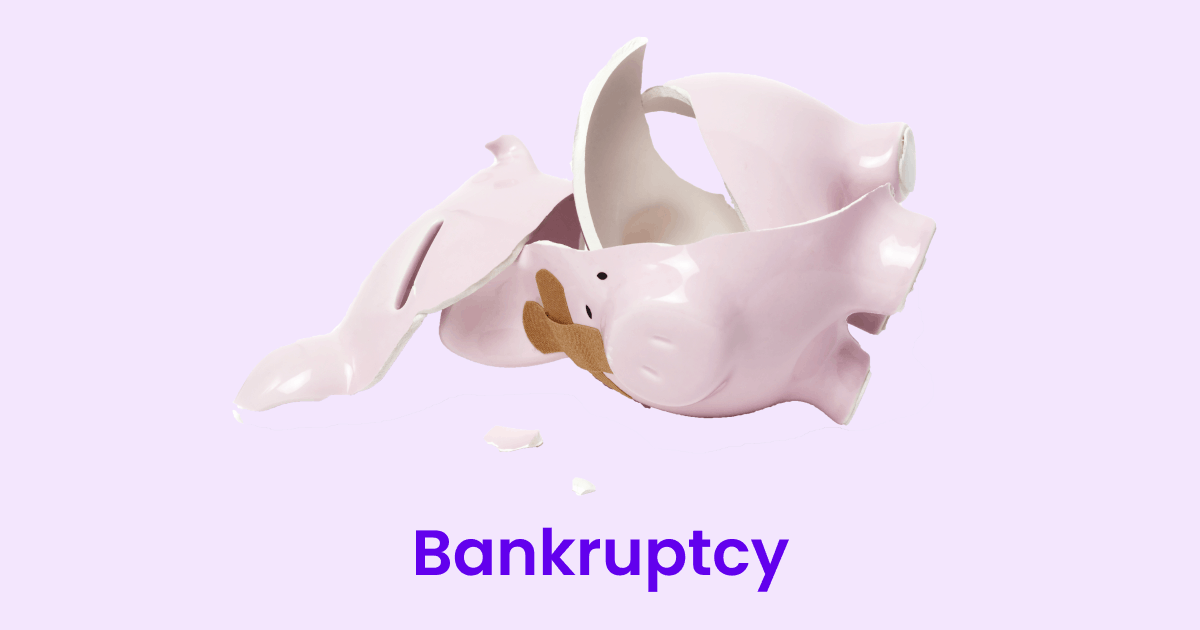Published in February 22, 2024
The Benefits of High-Interest Savings Accounts

Disclaimer: This content does not constitute financial advice. The article below is for the readers’ information and education only. The writers at Tippla are not financial advisors and are therefore not authorised to offer financial advice. Tippla recommends our readers to always do their own research and seek independent advice as needed.
High-interest savings accounts present a compelling opportunity for maximising your savings. These accounts, also known as high-yield savings or high-interest deposit accounts, offer a way to make the most of your hard-earned money. By exploring the benefits of these high-interest savings plans, individuals can take significant steps towards achieving their financial goals and securing their future.
What are High-Interest Savings Accounts?
As the name suggest, high-interest savings accounts (HISAs) are financial products that offer higher interest rates than traditional savings accounts, enabling account holders to earn more on their deposited funds. HISAs are particularly suitable for those seeking growth whilst maintaining easy access to their funds.
However, it’s important to know that withdrawing and spending money from high-interest savings accounts offered by some online-only banks might be more challenging, especially if they do not provide chequing services, debit cards, or ATM access. When choosing a high-interest savings account, be sure you understand the many ways you may access your money.
Benefits of High-Interest Savings Accounts
Higher Yield on Savings
High-Interest Savings Accounts offer a more substantial yield on savings compared to standard savings accounts. This higher yield translates to increased returns on deposited funds, allowing savers to grow their wealth more efficiently.
Variable Interest Rates
HISAs also has variable rates, which can rise or fall based on the current market. This differs from a term deposit, which locks in a certain interest rate for a set period of time.
Compounding Interest
Compound interest is a key advantage of HISAs, contributing to faster growth of savings over time. The power of compounding allows savers to earn interest not only on their principal but also on the accumulated interest from previous periods, accelerating wealth accumulation.
Incentives to Save
HISAs provide a strong incentive for individuals to save consistently due to the attractive interest rates they offer. The higher interest rates act as a motivator, encouraging savers to maintain regular contributions and build a more robust financial foundation.
Why Should You Choose a High-Interest Savings Account?
Ideal for Emergency Funds
High-yield savings accounts are optimal for emergency funds, balancing growth and accessibility during unforeseen circumstances. The liquidity of HISAs ensures quick access to funds when needed for unexpected expenses.
Low-risk Investment
HISAs are characterised by their low-risk nature, offering stability and security for deposited funds. Compared to riskier investment options, HISAs prioritise capital preservation while still providing a competitive interest rate for savings growth.
Flexible and Easily Accessible
HISAs offer flexibility and easy accessibility, allowing account holders to withdraw funds without facing significant penalties or restrictions. The combination of flexibility and accessibility makes HISAs a versatile financial tool for both short-term and long-term goals.
Considerations When Choosing a High-Interest Savings Account
Factors to Consider
- Interest Rates: Compare the Annual Percentage Yield (APY) offered by different accounts to maximise returns.
- Fees: Evaluate any monthly fees, transaction charges, or penalties associated with the account to minimise costs.
- Terms and Conditions: Understand the terms governing withdrawals, minimum balance requirements, and any restrictions to ensure compatibility with your financial goals.
How to Compare and Find the Best Option
- Annual Percentage Yield (APY): Prioritise accounts with competitive APY to optimise returns on savings.
- Accessibility: Consider the ease of access to funds, online banking features, and customer service for a convenient banking experience.
- Comparison Tools: Utilise online tools or consult with financial experts to compare different high-interest savings accounts and identify the most suitable option.
Potential Downsides
- Interest Rate Fluctuations: High-interest rates may be subject to change, impacting the overall returns on your savings.
- Hidden Fees: Be wary of undisclosed fees or additional charges that may offset the benefits of a high-interest savings account.
How to Open a High-Interest Savings Account
- Research Potential Providers: Explore different financial institutions offering high-yield savings accounts. Compare the features, minimum deposit requirements, benefits, and interest rates provided by each.
- Prepare Necessary Documentation: Gather essential documents such as personal identification and proof of address. Ensure you have any additional information required by the chosen financial institution.
- Initiate the Account Setup Process: Choose a preferred provider based on your research. Follow the specific guidelines provided by the selected institution to open a savings account.
- Review Terms and Conditions: Carefully examine all terms and conditions associated with the high-yield savings account. Ensure a clear understanding of fees, withdrawal limits, and other relevant details.
- Finalise Your Decision: Once satisfied with the terms, finalise your decision to open the account. Submit any required paperwork or online applications.
Conclusion
High-interest savings accounts present a lucrative opportunity for maximising your savings. These accounts, also referred to as high-yield savings accounts or high-interest deposit accounts, offer a higher yield compared to traditional savings accounts. The power of compounding interest and the benefits of higher interest rates can help individuals develop a more consistent saving habit, fostering disciplined financial planning.
In summary, these high-interest savings plans not only offer an attractive return on investment but also serve as a catalyst for long-term financial security and growth.
FAQs
-
How do high-interest savings accounts differ from regular savings accounts?
High-interest savings accounts differ from regular ones by offering significantly higher interest rates, providing the opportunity for greater earnings on deposited funds.
-
How does the interest on these accounts compound?
Interest on high-yield savings accounts can compound daily, monthly, or quarterly. Compounding allows you to earn interest on both the initial deposit and previously earned interest, maximising your overall returns.
-
Can anyone open a high-interest savings account?
Yes, high-yield savings accounts are generally accessible to anyone who meets the eligibility criteria set by the financial institution. Common requirements include a minimum initial deposit and adherence to account terms.
-
How often do interest rates on these accounts change?
Interest rates on high-interest savings accounts can vary. While some institutions may adjust rates regularly, others may have more stable rates. It’s advisable to check with the specific financial institution for their policy on rate changes.
-
Can I open more than one high-interest savings account?
Yes, it’s often possible to open more than one high-interest savings account, either with the same or different financial institutions. This can be beneficial for diversifying savings goals or taking advantage of multiple promotional offers.
-
How do taxes apply to the interest earned?
Interest earned on high-interest savings accounts is generally subject to income tax. Individuals should report interest income on their tax returns, and the specific tax implications may vary based on the jurisdiction and individual financial circumstances.
While we at Tippla will always do our best to provide you with the information you need to financially thrive, it’s important to note that we’re not debt counsellors, nor do we provide financial advice. Be sure to speak to your financial services professional before making any decisions.
Related articles

Credit Checks and Ideal Credit Scores When Applying for a Phone Plan
18/04/2025
Having a reliable mobile phone plan is essential for...

How Does Bankruptcy Affect Your Credit Score?
12/10/2021
Bankruptcy – it’s a word that you’ve very likely...

Credit Unions vs. Banks: Which is better for my money?
28/07/2021
Credit unions and banks are both financial institutions that...

Tips and Strategies to Minimise the Negative Effects of Credit Enquiries in Australia
11/10/2023
Managing your credit is crucial for getting loans or...
Subscribe to our newsletter
Stay up to date with Tippla's financial blog